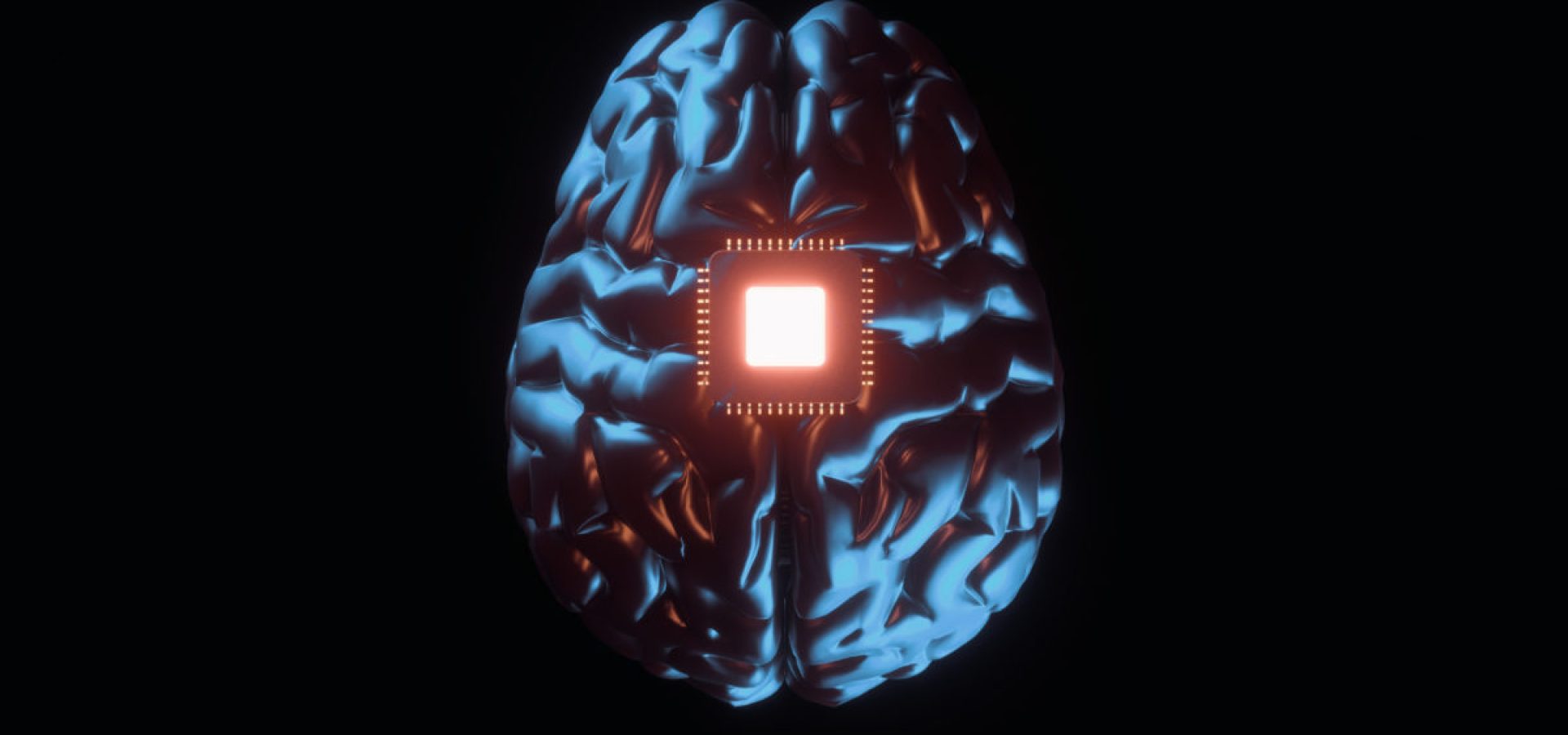Tech entrepreneur Elon Musk has announced a significant breakthrough for his company, Neuralink. Musk claims to have successfully implanted a wireless brain chip in a human. The CEO of Tesla Motors shared the news on X, formerly known as Twitter, highlighting encouraging brain activity and the patient’s satisfactory recovery.
Advancements in Neurological Connectivity
Neuralink’s goal is to create connections between human brains and computers, particularly to address complex neurological conditions. Musk’s announcement positions Neuralink among the few companies worldwide to achieve human brain chip implantation, marking a significant milestone in the field.
Professor Anne Vanhoestenberghe of King’s College London commented on the achievement, underscoring its importance for medical device producers. However, she advocated for a cautious approach, stressing the need for long-term evaluation to ascertain the true success of such initiatives.
Verification and Regulatory Inquiries
While Musk’s announcement has captured widespread attention, there has been no independent verification of the claim. Both Neuralink and the US Food and Drug Administration (FDA) have not yet made official statements. The FDA had granted Neuralink permission to conduct human trials in May 2023.
Neuralink has come under scrutiny for its animal testing practices, with reports in December 2022 suggesting that approximately 1,500 animals died during testing. The FDA’s approval for human trials followed, permitting Neuralink to proceed with a six-year study involving the surgical implantation of 64 flexible threads.
Telepathy: Neuralink’s First Product
Musk unveiled Neuralink’s first product, named Telepathy. It is designed to enable users, especially those with limb impairments, to control devices such as phones and computers through thought alone. The long-term vision is to enhance communication capabilities for individuals with physical limitations.
Currently, Neuralink is entering a competitive field. Other organizations, such as the École Polytechnique Fédérale in Lausanne, have shown success in enabling paralyzed individuals to walk through brain and spine implants. Musk’s competitors, some with decades of experience, continue to make strides in the development of brain-computer interfaces.
Elon Musk’s announcement highlights Neuralink’s progress and ignites discussions about the future of brain-computer interfaces. As this technology evolves, its potential applications for people with neurological disorders and limb disabilities could revolutionize the field of medical innovation.









COMMENTS